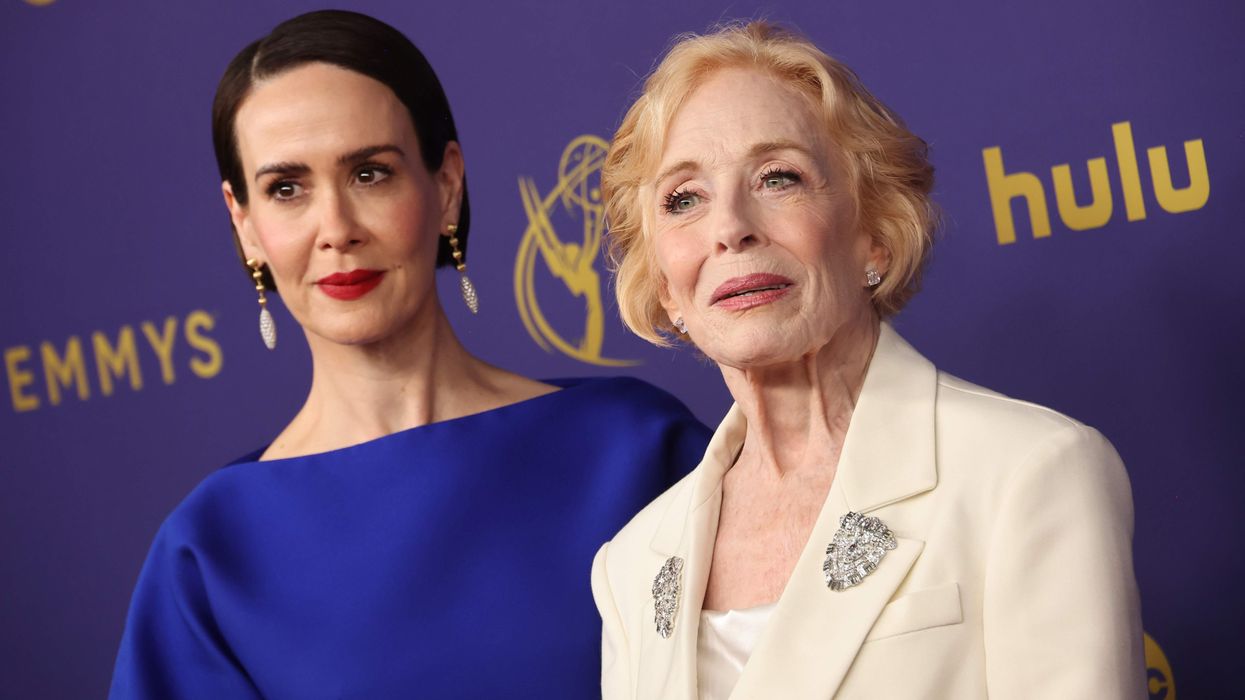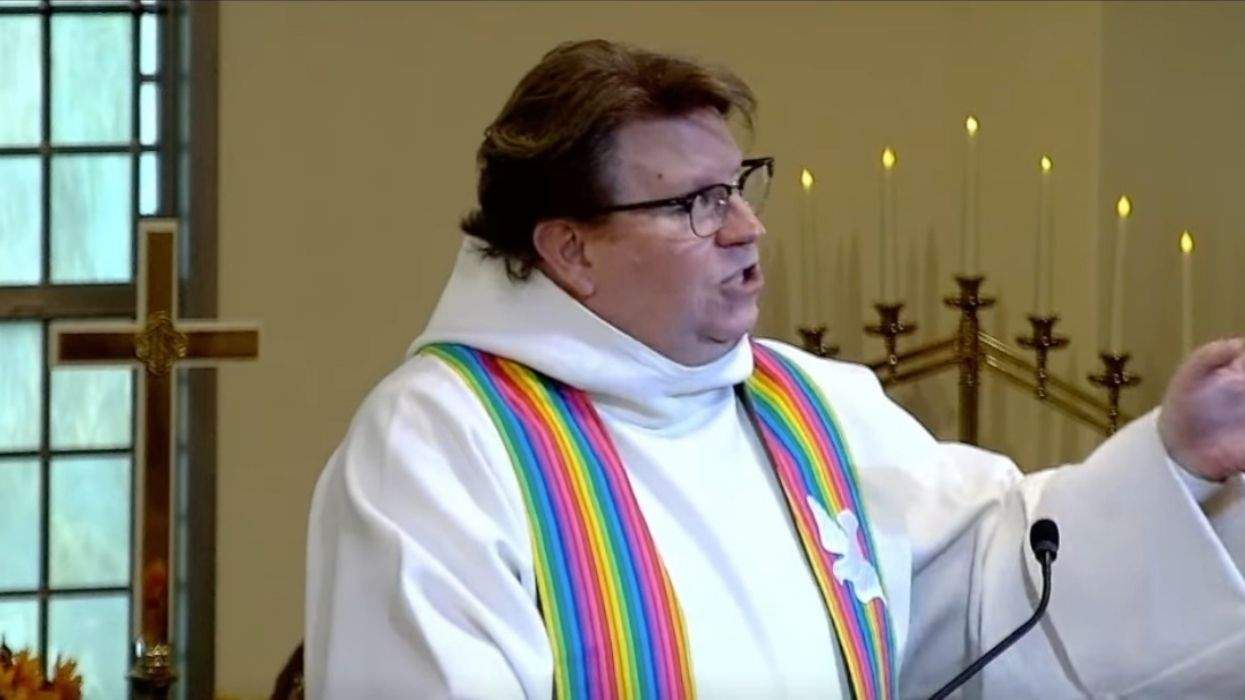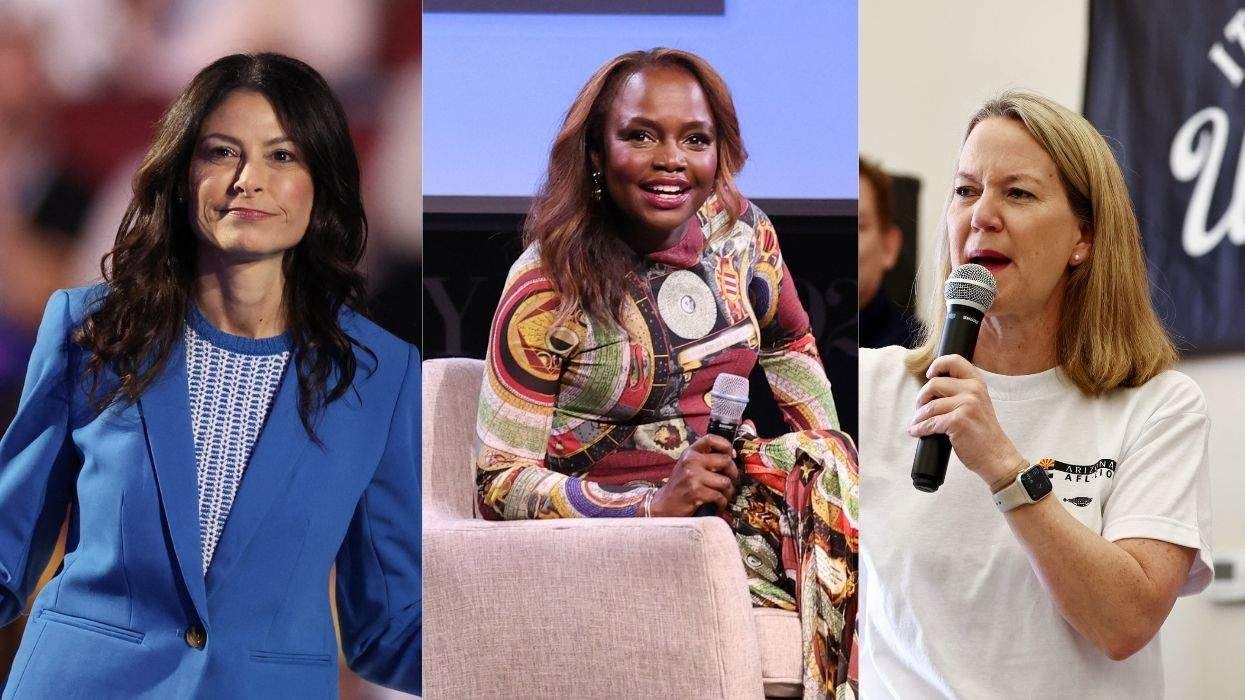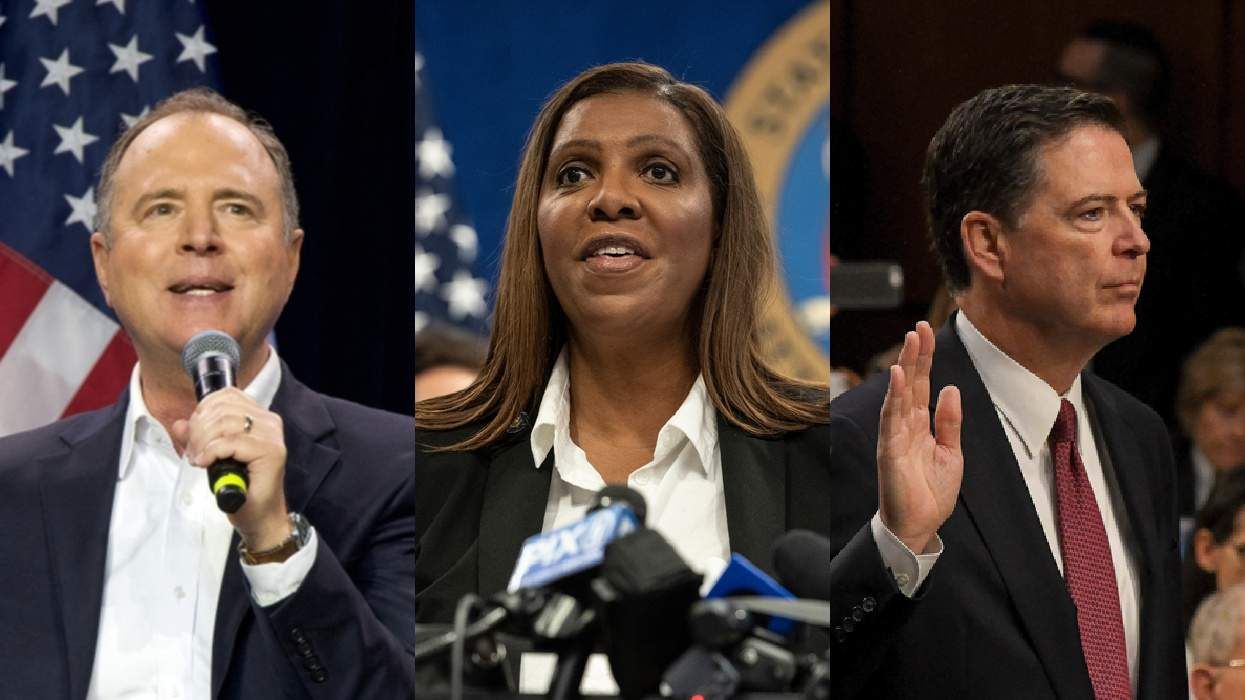All Rights reserved
By continuing to use our site, you agree to our Privacy Policy and Terms of Use.
Your support makes The Advocate's original LGBTQ+ reporting possible. Become a member today to help us continue this work.
As the dust settles on the California Supreme Court's marriage ruling, the question arises: Are we about to re-live the divisive political battles of the 2004 election?
The Massachusetts court ruling came down in late 2003, and by Valentine's Day 2004, San Francisco Mayor Gavin Newsom had opened City Hall to LGBT couples, giving marriage licenses until they were halted a month later by the same court that Thursday determined gays have the right to marry. That was all it took for President Bush and the GOP to make gay marriage a wedge issue, sparking passions on both sides of the issue, and driving conservatives to the polls. Remember the push for a federal marriage amendment?
Past is prologue. So far a million-plus signatures have been gathered to put a ballot amendment before California voters this fall to overturn the marriage-equality decision. And if the pending marriage-equality case before Connecticut's highest court is resolved in favor of marriage equality -- a decision is expected soon -- there's little doubt that gay marriage will become a factor in November's election.
Republicans, says Ken Sherrill, a political science professor at New York City's Hunter College, "have to do something to energize their base. The economy is in the toilet; the war is generally believed not to be going well." However, he cautions, if Republicans turn marriage equality into a political football, they might not get any play. "The fact that a campaign or campaign supporters push certain buttons doesn't mean that they are going to resonate with the voters," he says, pointing to the special House election in Mississippi, which was won by a Democrat this week. "They ran these Obama-Reverend Wright ads, and it went over like a lead ball."
As the marriage ruling made news, both the Obama and Clinton campaigns issued careful, nearly identical statements of support and respect for the decision -- but also restated their commitment to civil unions, saying matrimony should be left up to individual states to decide. Republican presidential nominee John McCain, however, has yet to make a statement on the ruling.
According to Patrick Sammon, president of the Log Cabin Republicans, America is in a far different place now than it was four years ago. He notes that many jurisdictions have enacted partnership rights in the intervening years, and "voters have seen the sky hasn't fallen," he says. "They have gotten wise to the fact that some politicians tried to use divisive social issues to get votes," adding he doesn't believe gay marriage will figure as prominently in the current presidential contest. The evidence? Five GOP senators who highlighted the issue in their campaigns were booted from office in 2006, Pennsylvania's relentlessly anti-gay Rick Santorum among them. Voters simply have other concerns at this moment in our country's history, Sammon says, especially given that McCain is seeking to be competitive in states not traditionally Republican. That means coaxing votes from independents and some Democrats who may be alienated by too stern a tone on marriage equality.
As Sherrill says, if McCain or fellow Republicans bring the issue up, "you can expect the Democrats to run a campaign that says 'don't get distracted by this issue when the real issue is putting food on your table.' " (Frankie Edozien, The Advocate)



































































Charlie Kirk DID say stoning gay people was the 'perfect law' — and these other heinous quotes